Also known as African Teak, Dabema wood is a dense and highly durable hardwood. It is sourced from tropical regions of Africa, particularly prevalent in areas such as Angola, Nigeria, and Cameroon. Renowned for its unique characteristics and versatile applications, Dabema wood is used both indoors and outdoors. At K-TIMBER, we provide high-quality Dabema wood sourced from legal and sustainably harvested timber. So, what are the characteristics, durability, and uses of Dabema wood?
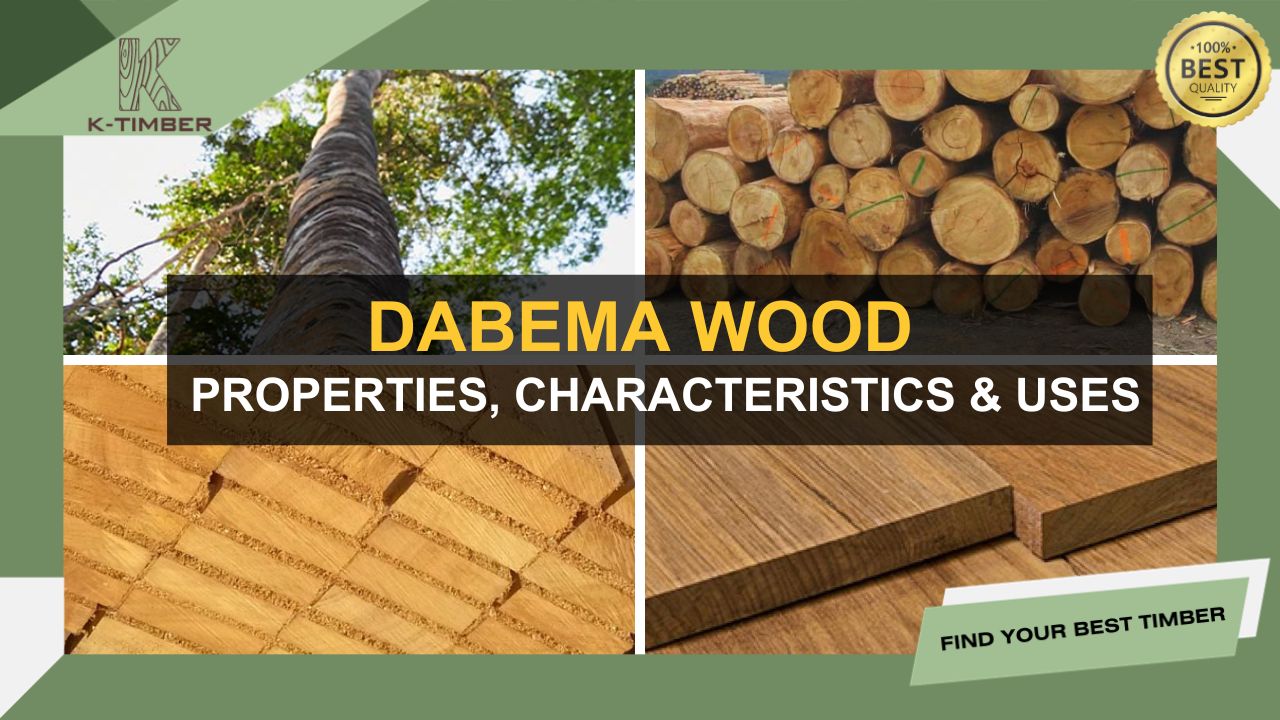
Table of Contents
Dabema Wood General information
Dabema wood, scientifically known as Piptadeniastrum africanum and belonging to the Mimosaceae family, is one of the rare and valuable hardwood species native to the West, Central, and East African regions. Combining high durability with aesthetically pleasing characteristics, Dabema wood has attracted the attention of furniture manufacturers and the construction industry worldwide.
Dabema trees typically grow in tropical rainforests, with a robust root system that enables them to adapt to harsh environmental conditions. Dabema is a large tree capable of reaching heights of 30-50 meters (100-165 feet), with straight trunks and trunk diameters of 1-1.8 meters (3-6 feet). With slow growth rates, Dabema trees can live for hundreds of years, producing large and sturdy wood trunks.
Dabema wood is known for its dense and durable hardwood, renowned for its beauty and resistance to decay. With a high natural oil content, this type of wood exhibits excellent weather resistance and insect repellent properties.
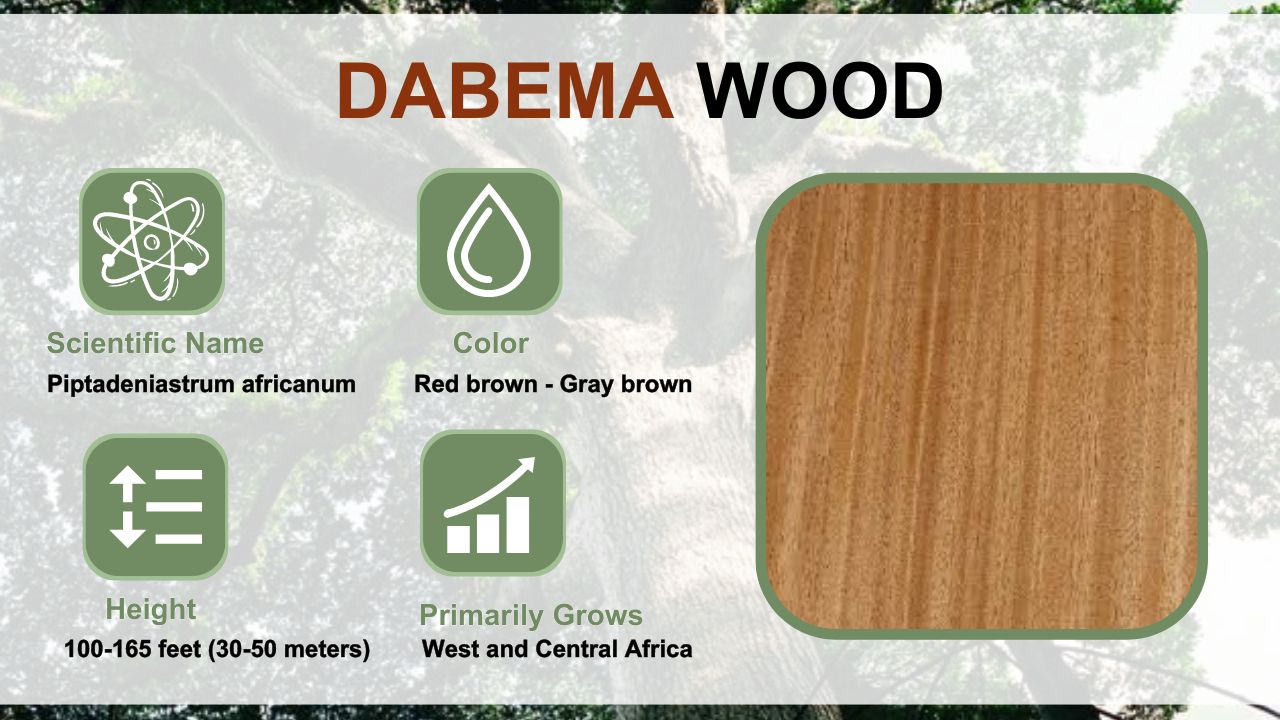
Dabema Wood Properties
Dabema is a moderately hard wood and is often used as an excellent substitute for oak. So let’s go with K-TIMBER into each outstanding feature of this type of wood in the next section.
Color and Texture
Dabema wood is renowned for its unique color and texture. When freshly cut, the wood surface exhibits a light pink to grayish-red hue, contrasting sharply with the wood’s heartwood. The heartwood ranges from light brown to dark brown and deepens in color over time. This color variation enhances the wood’s aesthetic appeal, making it attractive for various applications. Additionally, Dabema wood has a fine to medium texture, contributing to its smooth and elegant appearance. Interlocking grain patterns further enhance its visual appeal, with the surface displaying a hexagonal figure showcasing ribbon-like stripes.
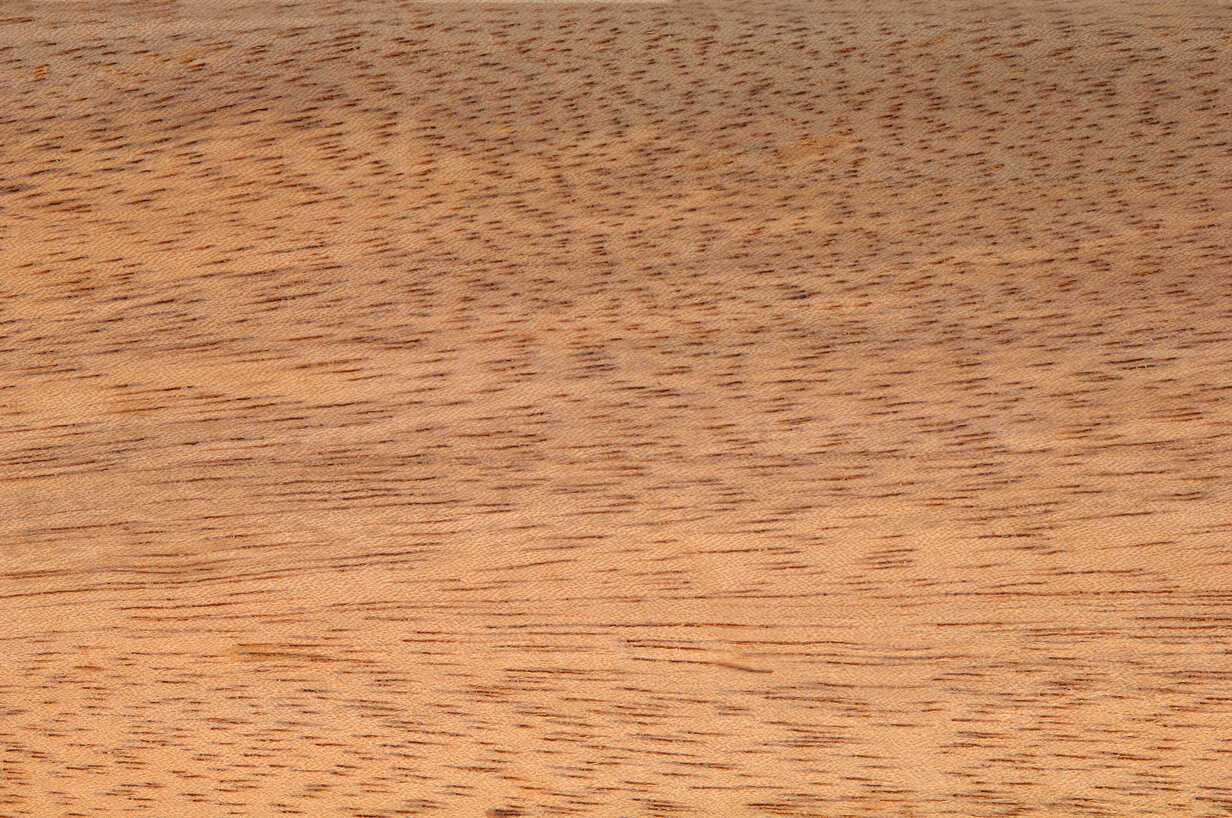
Density and strength
Dabema wood is highly regarded for its impressive density and durability, making it a resilient and dependable choice for structural and load-bearing applications. Dabema wood has a moderate and stable density, with the ability to resist warping or twisting in various environmental conditions. Additionally, Dabema wood exhibits moderate resistance to termites and wood borers.
Workability
Dabema wood is easily workable both with hand tools and machinery. However, the wood tends to dull cutting edges. It is also prone to splitting when machining free-floating areas. When in contact with iron, Dabema wood may undergo discoloration and yellowing. It exhibits good turning, gluing, and finishing capabilities.
Dabema Wood Technical Properties
| TECHNICAL PROPERTIES | VALUE |
| Average Dried Weight | 43.4 lbs/ft3 (695 kg/m3) |
| Specific Gravity (Basic, 12%MC) | 58.70 |
| Janka Hardness | 1,520 lbf (6,740 N) |
| Modulus of Rupture | 16,180 lbf/in2 (111.6 MPa) |
| Elastic Modulus | 1,871,000 lbf/in2 (12.9 GPa) |
| Crushing Strength | 8,430 lbf/in2 (58.2 MPa) |
| Shrinkage | Radial: 3.9%,
Tangential: 8.7% Volumetric: 12.5% T/R Ratio: 2.2 |
Dabema Wood Advantages
Dabema wood boasts several outstanding advantages, making it an attractive choice for various applications:
- High durability: With its high density and excellent hardness, Dabema Wood typically has a long lifespan and can withstand heavy pressure, making it suitable for applications requiring high durability such as furniture making, flooring, or bridges.
- Beautiful color and grain: Dabema Wood often features deep brown or reddish-brown hues, combined with unique grain patterns, creating a natural and elegant appearance for wooden products.
- Easy workability: Despite its high hardness, Dabema Wood is still easy to work with using common woodworking tools, facilitating the manufacturing and processing processes.
Dabema Wood Disadvantages
Alongside its notable advantages, Dabema also has some considerations regarding limitations:
- Odor: Dabema emits an odor resembling ammonia when freshly cut. While the wood itself is odorless when dry, working with it in high humidity conditions can reintroduce the unpleasant smell.
- Allergies: Although not associated with severe reactions, Dabema has been reported to be an allergen, causing irritation to the eyes, skin, and throat.
Dabema Lumber Uses
Dabema lumber finds versatile applications across various industries due to its exceptional qualities. Common uses include crafting high-quality furniture pieces, constructing durable flooring, decking, and structural elements like beams and posts. Its rich color and unique grain patterns make it a preferred choice for decorative veneers, interior paneling, and architectural detailing. Additionally, Dabema wood’s strength and workability make it suitable for outdoor applications such as building fences, pergolas, and garden furniture.
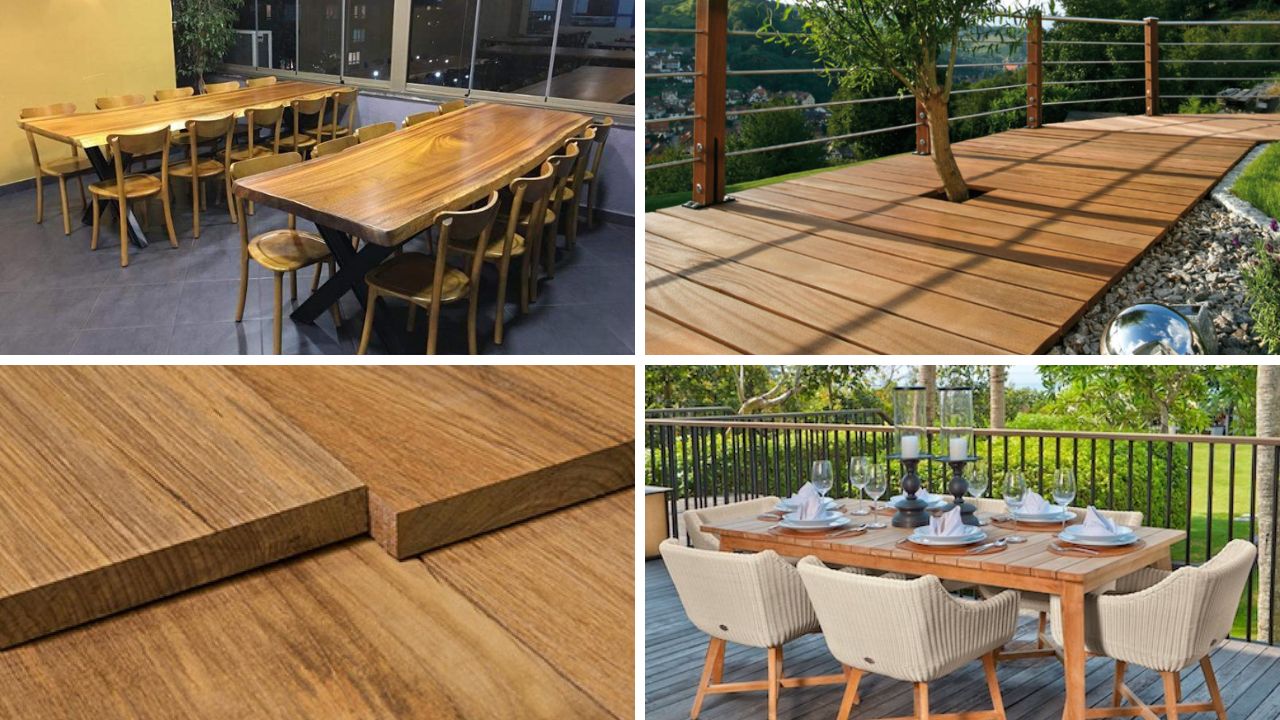
Where to buy Dabema Wood in bulk at the best price?
If you’re seeking a reliable source for purchasing Dabema wood in bulk at competitive prices, K-TIMBER is an excellent choice to consider. K-TIMBER is renowned as a leading supplier of high-quality sawn timber sourced from Angola.
With over 20 years of experience in harvesting and supplying hardwood from Africa, K-TIMBER is committed to providing customers with sustainable hardwood sourced to FAS standards, with up to 90% of top-quality wood.

As experts in the timber industry, we understand the concerns of customers when importing wood from Africa. Therefore, we ensure that every shipment of wood is accompanied by complete export documentation and is transacted by K-TIMBER itself, headquartered in Vietnam. We provide clear and transparent documentation and certificates of wood origin, building trust and demonstrating the credibility of K-TIMBER when dealing with the international market.
Contact K-TIMBER now to place your order for Dabema wood at the best prices in the market at the following address:
- ADDRESS VIET NAM (K-TIMBER): 169 Nguyen Ngoc Vu Street, Cau Giay District, Hanoi.
- Phone: (+84) 84 444 4693
- Email: [email protected]




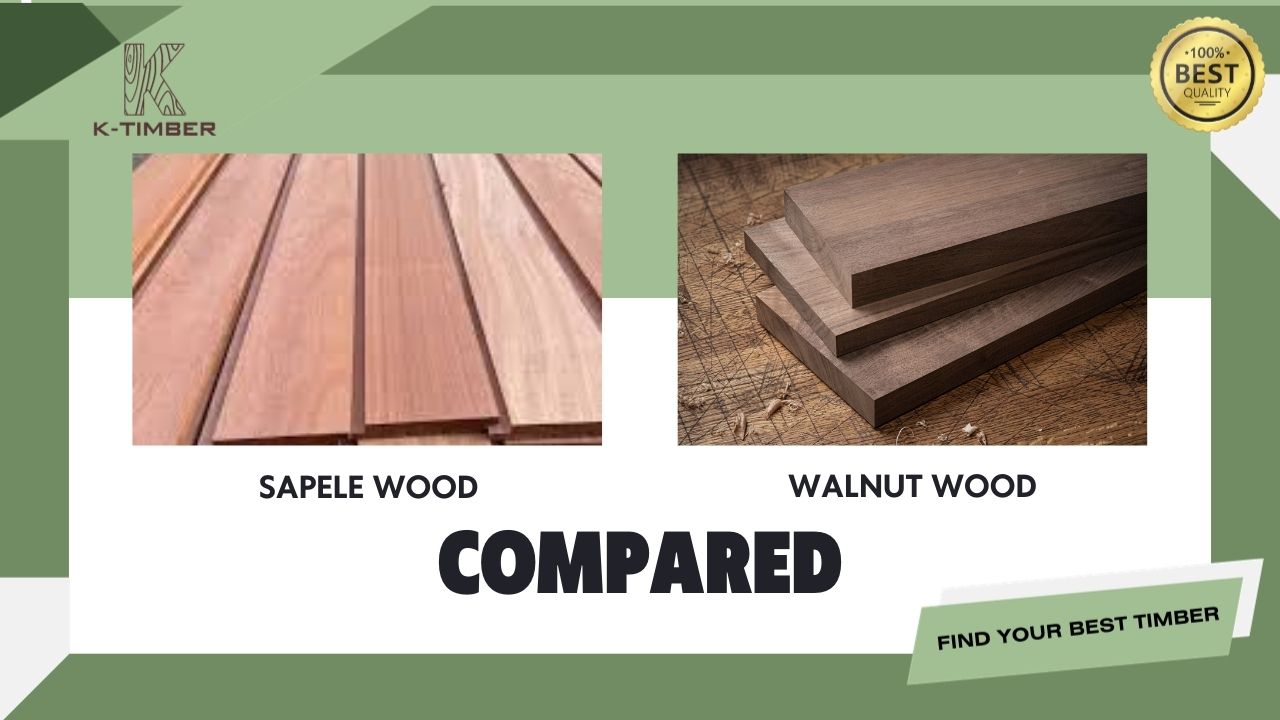
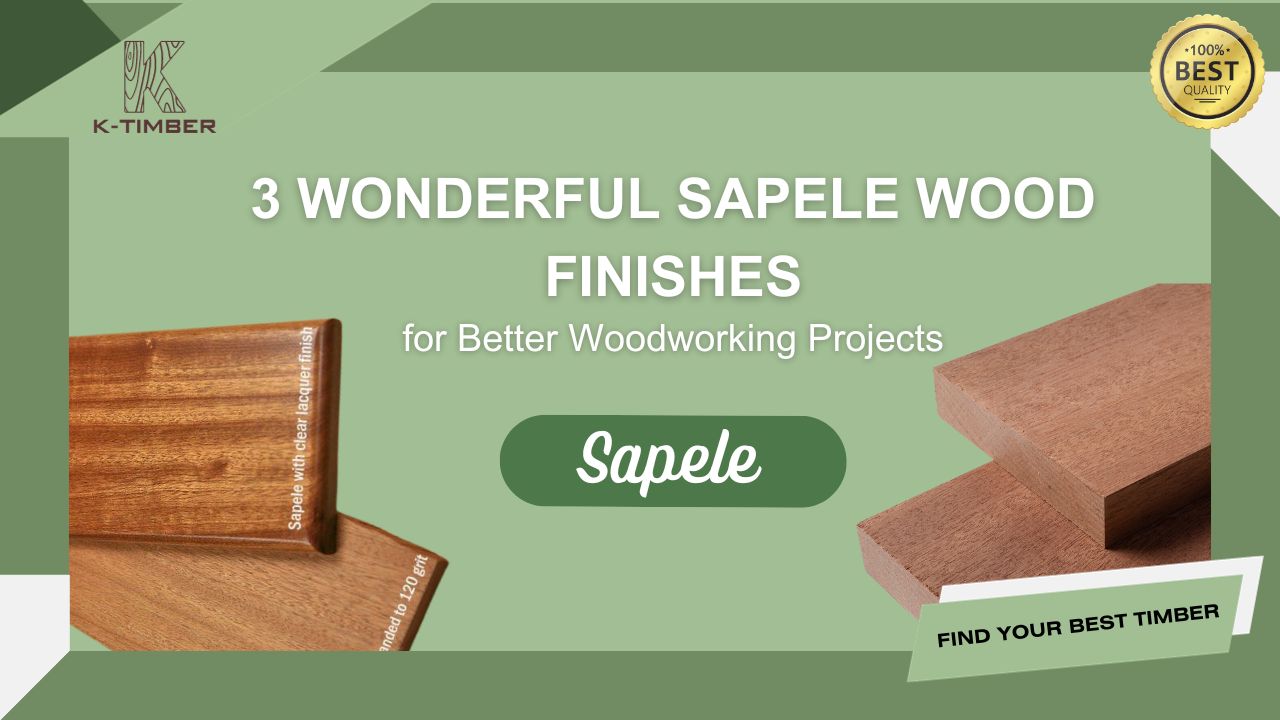
![[K-Timber] Blog Post Boder](https://k-timbers.com/wp-content/uploads/2024/07/K-Timber-Blog-Post-Boder-3.png)



